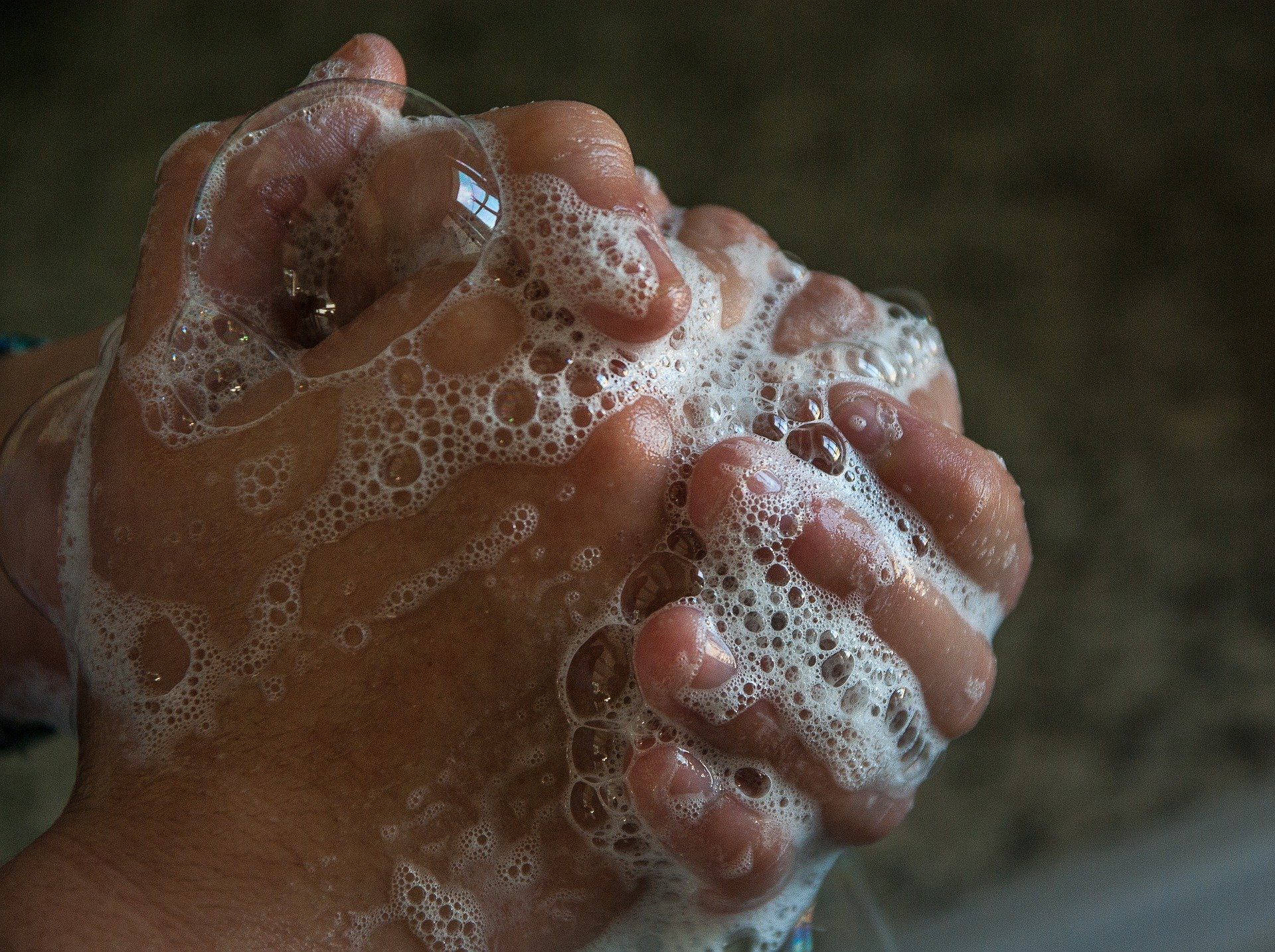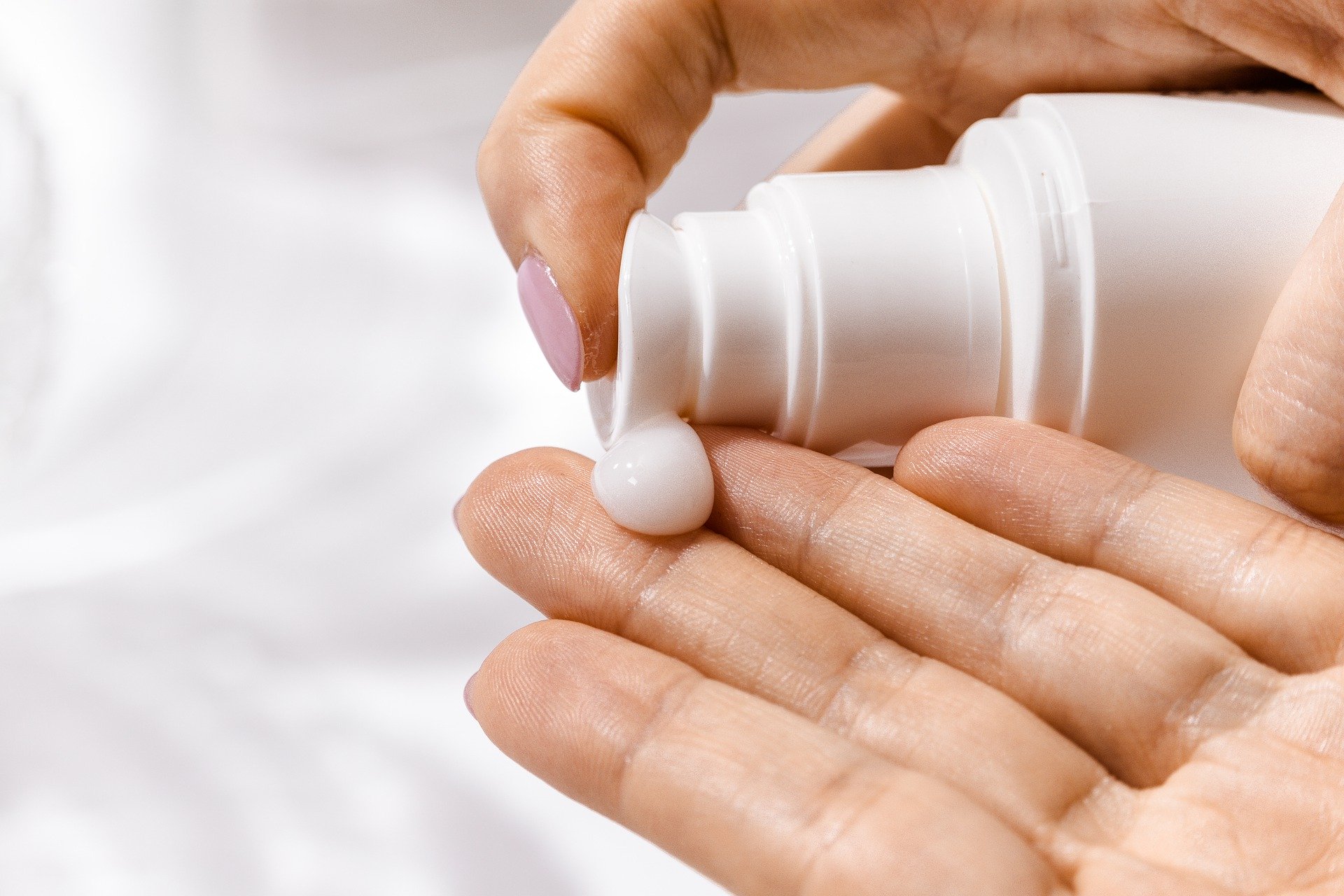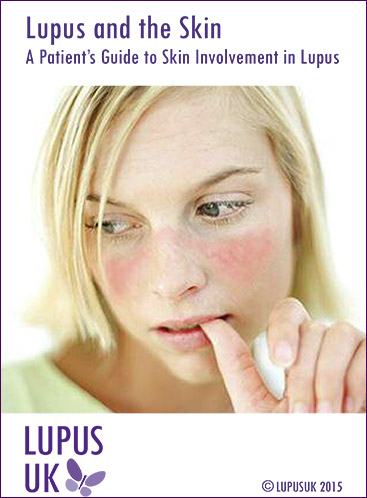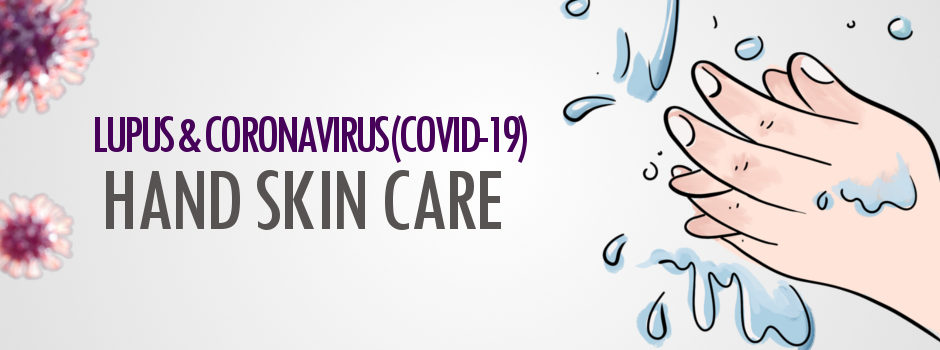
Hand Skin Care
 March 20th, 2020
March 20th, 2020 Nakita Cambow
Nakita Cambow Blog
Blog 0 Comments
0 Comments
We know regular handwashing is the most important way to prevent the spread of coronavirus (COVID-19) and to protect ourselves from contracting the virus.
Good hand-washing technique means a thorough wash with soap for at least 20 seconds, including tops and palms of the hands, wrists and between the fingers. For tips on washing your hands, click HERE.
Many people with lupus have sensitive skin and involvement is common in the disease, with 60-70% of reporting some skin problem.
Why is handwashing so harsh on our skin?
 The outermost layer of our skin is composed of oils and wax, and it acts as both a shield from the outside and a guard that maintains natural moisture in the skin. This natural barrier is broken down by the suds created by soap while washing hands, which does not discriminate between unwanted oil, germs, debris and natural oils in the skin.
The outermost layer of our skin is composed of oils and wax, and it acts as both a shield from the outside and a guard that maintains natural moisture in the skin. This natural barrier is broken down by the suds created by soap while washing hands, which does not discriminate between unwanted oil, germs, debris and natural oils in the skin.
Repeated exposure to water, soap and alcohol hand gel can cause dry skin, and what is known as irritant contact dermatitis – a form of eczema. Irritant contact dermatitis can cause the skin to itch, become sore and red, and develop small blisters or painful cracks. If you already have dry skin either from a skin condition, from medication, or because you are washing your hands more than normal then you may be particularly susceptible to this.
Hand management tips:
Here are some tips on minimising the impact of frequent handwashing on the skin:
 Products known as emollient soap-substitutes perform the same hand-sanitising role as traditional soaps. However, these provide moisture to the skin and minimise the risk of irritation and dryness. Your pharmacist can help you find a suitable product.
Products known as emollient soap-substitutes perform the same hand-sanitising role as traditional soaps. However, these provide moisture to the skin and minimise the risk of irritation and dryness. Your pharmacist can help you find a suitable product.- Dry your hands fully after washing by patting them dry, not rubbing.
- Moisturisers (emollients) are an essential part of treating hand dermatitis. They help repair the damaged outer skin and lock moisture inside the skin making it soft and supple again. They should be applied after handwashing, repeatedly throughout the day, and whenever the skin feels dry. Avoid products that contain fragrance as these can be irritating to chapped, sensitive skin. Creams and ointments are better than lotions. The use of hand cream won’t prevent your soap and hand sanitiser being effective.
- Some people find overnight moisturising treatments beneficial. Apply a generous layer of a plain moisturiser just before you go to bed, then put on a pair of clean cotton gloves and leave overnight.
- When the hands are going to come into contact with water or detergents, but when not specifically washing the hands (such as when washing up, shampooing a child’s hair, or using cleaning products), wearing gloves that provide a barrier will help to keep the skin’s barrier intact.
Severe hand dermatitis
If you have severe hand dermatitis or suspect an infection (for example, your skin is oozing) you may need to see your GP. You may need prescription treatments to reduce inflammation.
Further Reading
 For more information about skin involvement in lupus, you can read and download our booklet, ‘Lupus and the Skin’ HERE.
For more information about skin involvement in lupus, you can read and download our booklet, ‘Lupus and the Skin’ HERE.
***Please note that this article is written for informational purposes only and should not be a substitute for professional medical advice or treatment. Do not delay seeking or disregard medical advice based on information here. Always seek the advice of your local family physician or other qualified health professional before starting any new treatment or making any changes to existing treatment. It is also advisable to consult a medical professional before making any changes to diet or starting complementary remedies, which may interact with other medications.***
This guidance is adapted from information provided by The British Association of Dermatologists.



 ©2024 LUPUS UK (Registered charity no. 1200671)
©2024 LUPUS UK (Registered charity no. 1200671)